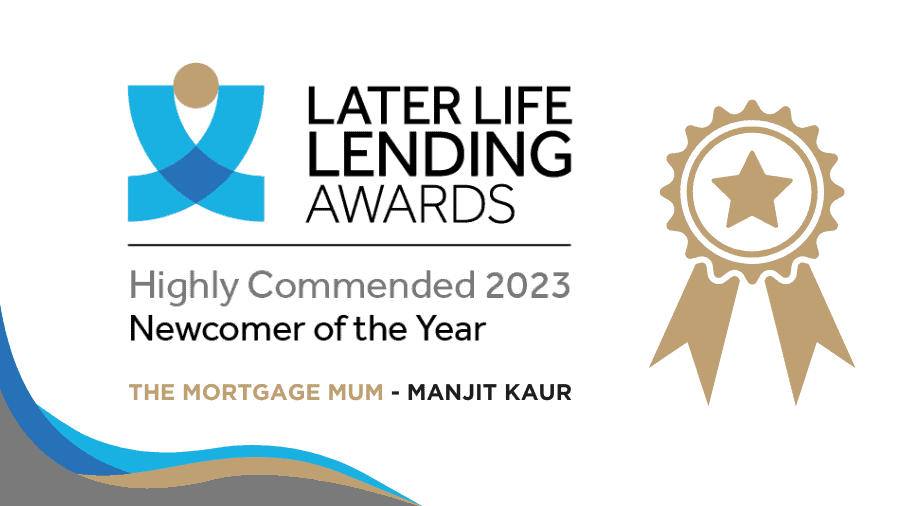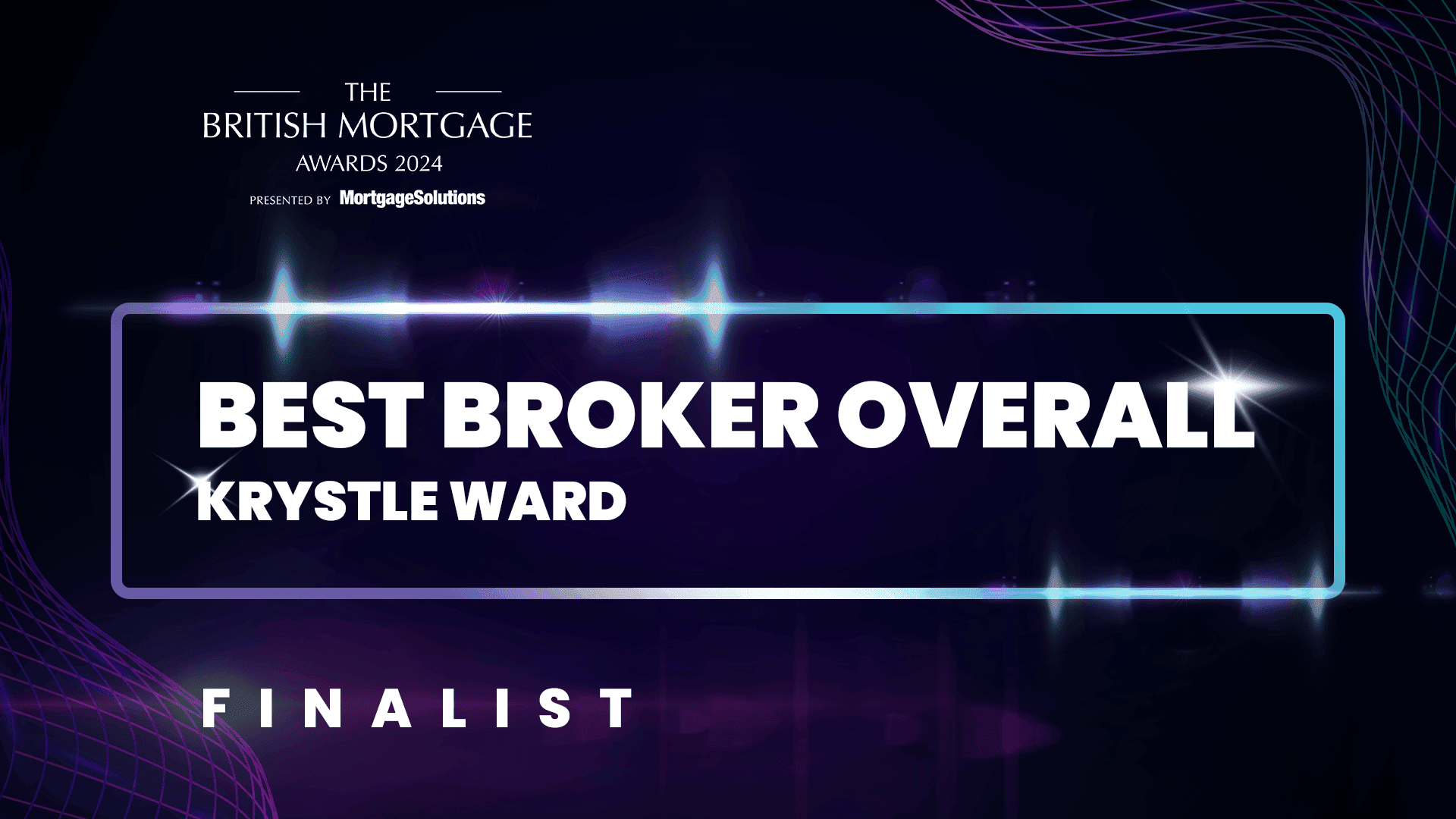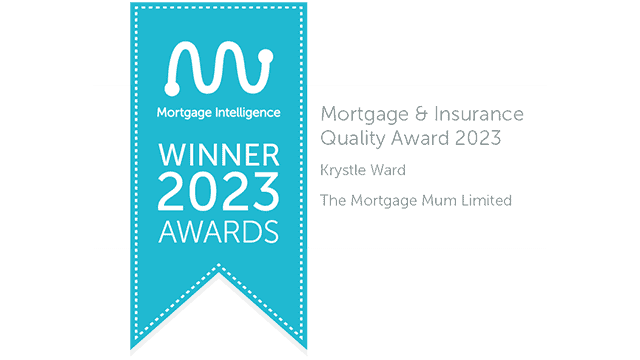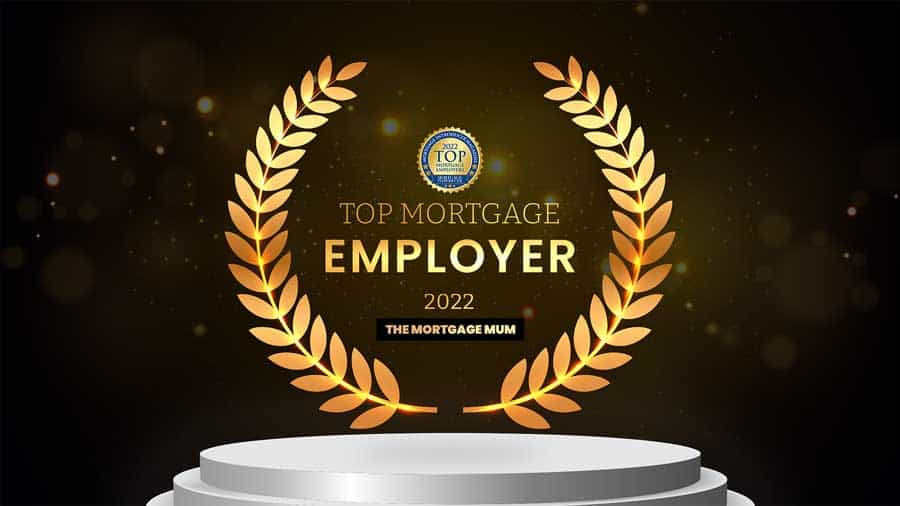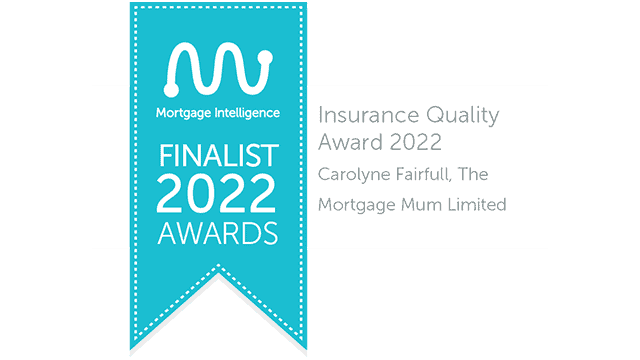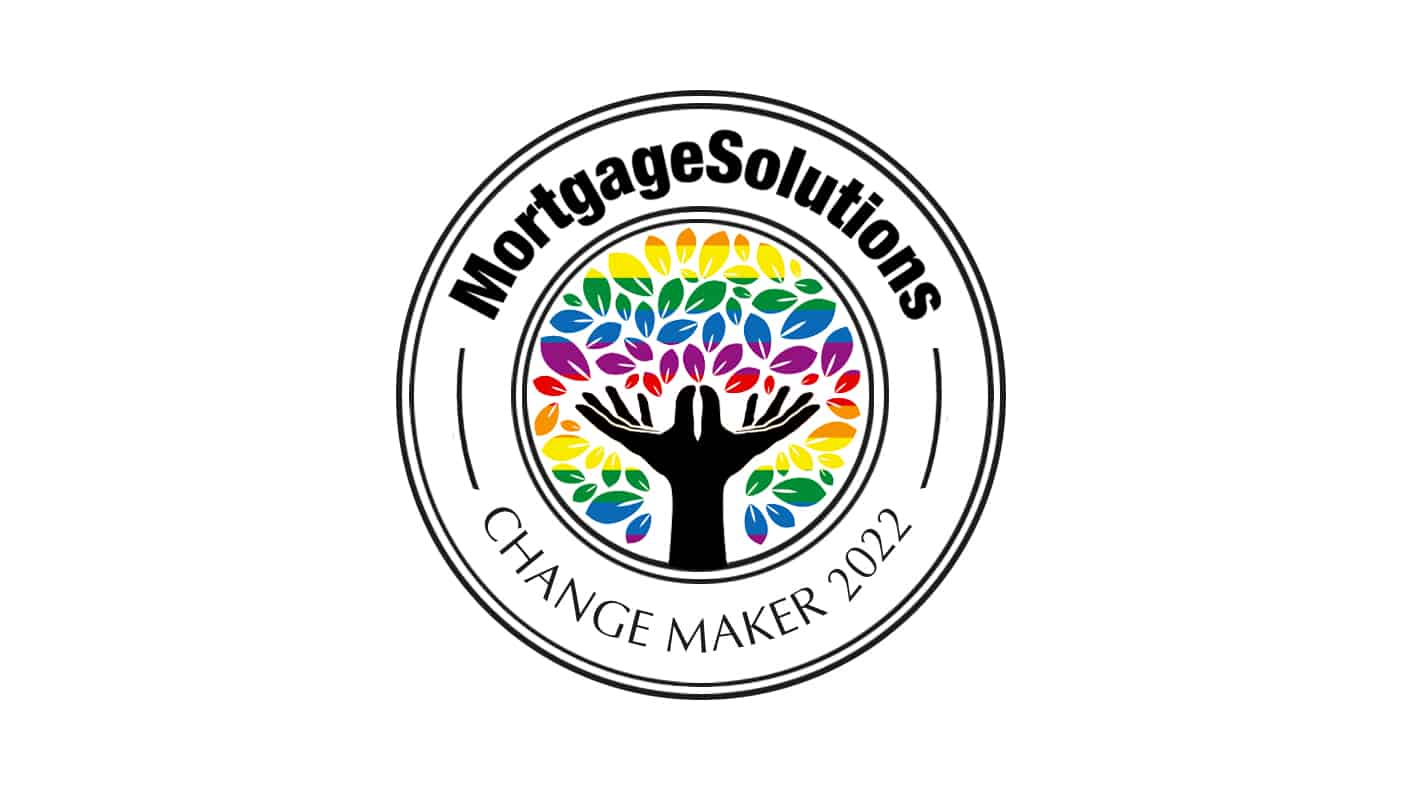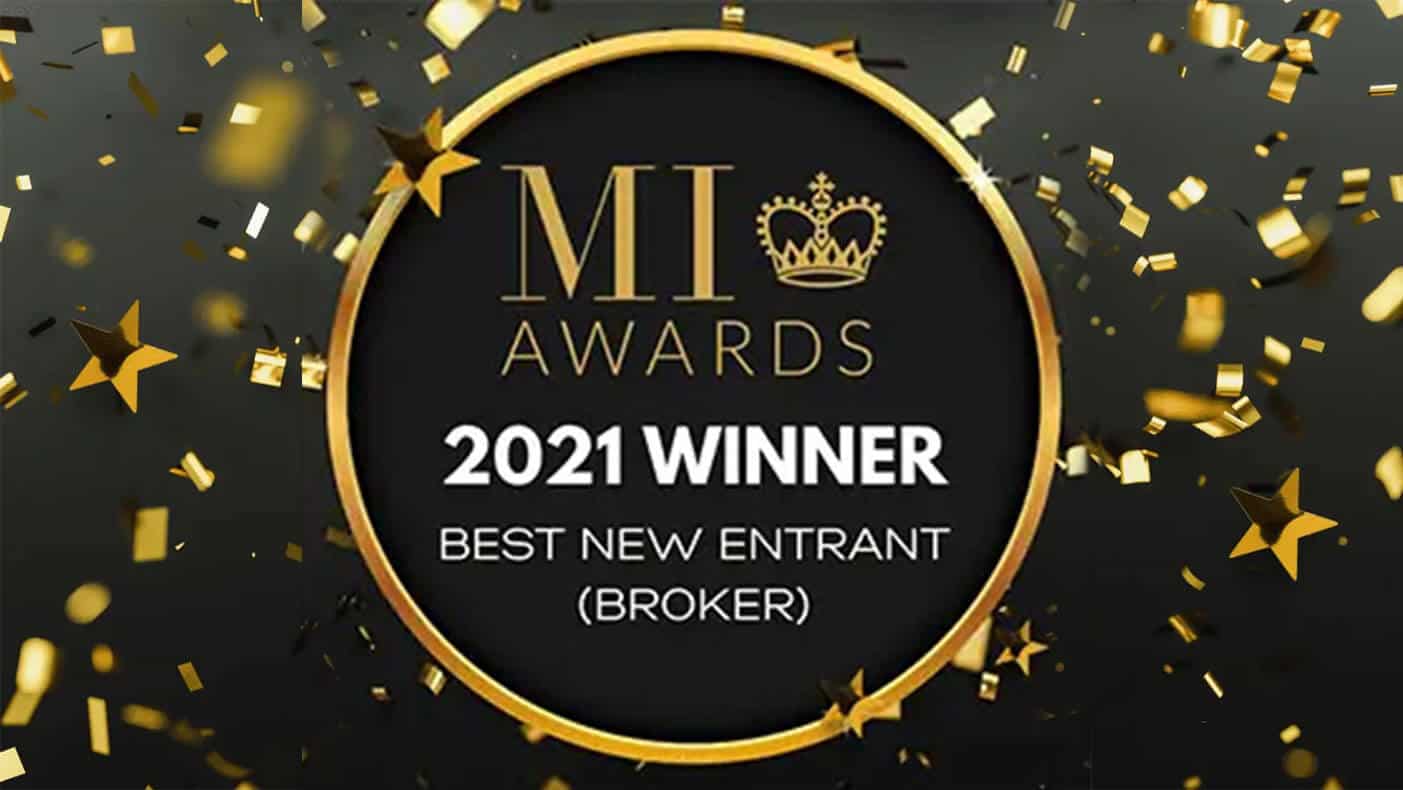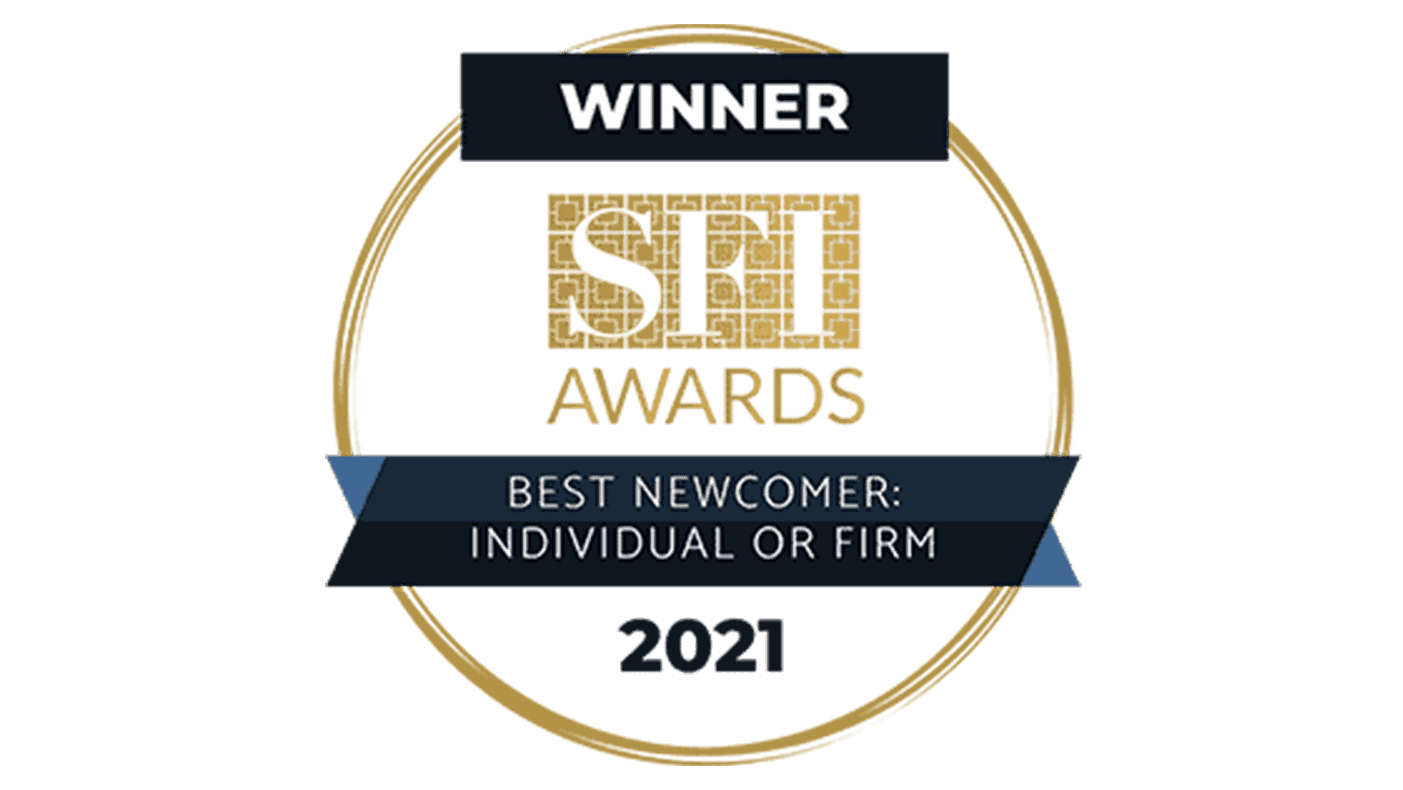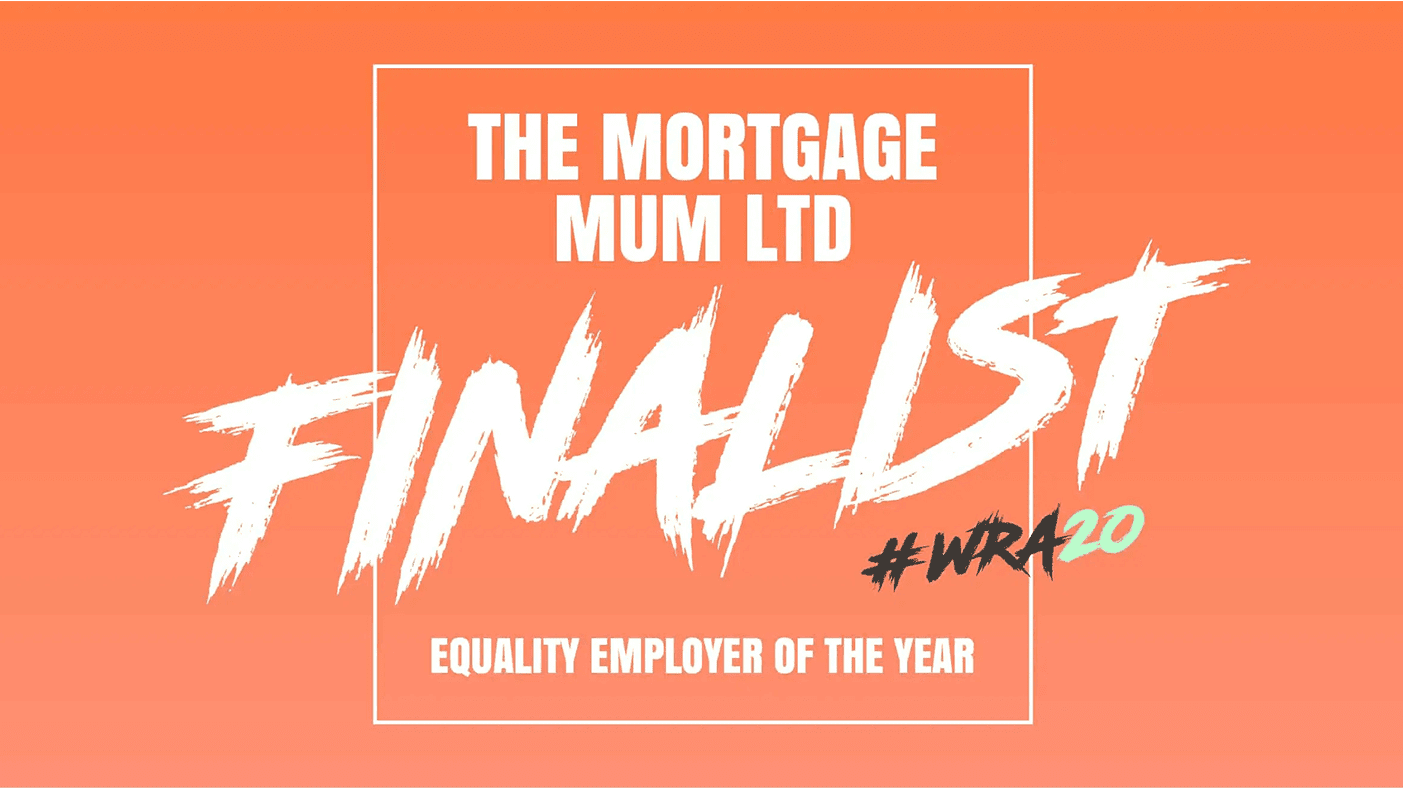Mortgage for Subcontractors
Hello and welcome to the Mortgage Mum podcast. It’s bittersweet, because this is our last episode relating to contractors. Tessa is going to be asking me your mortgage questions and today, we’re talking about subcontractors and giving you some clarity on what that means for getting a mortgage.
It’s been a good series. I think it’s helped a lot of people. A lot of feedback we’ve had is that we’re helping to show the many layers of the contractor world.
What is a subcontractor?
A subcontractor is someone that’s hired to perform specific tasks or provide specific services as part of a larger project. They’re typically hired by the contractor, rather than directly by a client or a project manager.
They specialise in a particular trade or a particular area of expertise. Plumbing, electrical work, carpentry, landscaping… These are all typical subcontractor roles who work under a contractor as part of a bigger project.
What are the eligibility criteria for subcontractors to apply for a mortgage?
We need to know what type of subcontractor you are. In the last episode, we focused solely on Construction Industry Scheme workers – that’s really what we’re getting at, and how you pay your tax. Those things are going to determine how you apply for a mortgage.
If you’re a Construction Industry Scheme worker, you get your tax deducted at source. You get pay slips and you can therefore be classed as employed by some lenders. If you’re not in that scheme, you’ll be classed as self-employed, and we will look at your income over a period of two years.
We typically average your income over those two years. Perhaps you’ve paid yourself a salary and dividends, or perhaps you’re a sole trader, in which case it’s just the net profit.
Do different lenders have different criteria on mortgages for subcontractors?
They do, especially if you’re a subcontractor in the construction industry, which lots of people are. Some people may not know about the Construction Industry Scheme, though I’d like to think that the industry would share that information. If you are wondering if that’s for you, you can visit the HMRC website and there’s a helpline to guide you. It is typically easier to get you a mortgage if you are part of that scheme.
Otherwise, you’ll need to be a lot more organised as a self-employed individual. Obviously you need to submit your tax returns, but also look at the income you’re submitting. I have had so many conversations with builders or subcontractors who, on paper, earn £8,000 to £10,000. In reality they earn a lot more than that – but they’ve had their accountant process their expenses to reduce their profits down.
Ultimately that reduces how much tax they have to pay, of course, but it’s not always a good thing when trying to get a mortgage. You’ll want to borrow hundreds of thousands of pounds on an income that doesn’t represent what you can actually afford.
That’s a real positive of the Construction Industry Scheme – you are avoiding that risk. You’re getting paid an amount and your mortgage is based on that.
Lenders do have different criteria, no matter what type of individual you are, but even more so for a subcontractor. It helps to work with lenders who really understand how you get paid, how you work and the nuances of your industry.
Are there any specific mortgage products designed for subcontractors?
There aren’t subcontractor mortgages in the same way that there are CIS mortgages, but there are certain lenders who are more supportive. These have very good criteria for the self-employed, contractors and for subcontractors. They will give you good affordability and they won’t ask for lots of paperwork on top of the norm.
It’s really important to deal with an advisor who knows what the lenders do and how they behave when it comes to different applications. We need to put your application in with somebody who’s going to be extremely supportive of your scenario.
What documents are required for a subcontractor to apply for a mortgage?
I’m going to talk first about normal subcontracting, not Construction Industry Scheme work. You’re going to need proof of your income – typically your SA302 and your tax year overviews to show how much tax you’ve paid and what your income looks like. Some lenders will just ask for an accountant’s certificate or an accountant’s letter. In essence, we need proof of your accounts.
If you are a CIS worker, we’ll need your pay slips and your contract as well as your bank statements. We need bank statements from every type of applicant. Lenders like to see how you spend your money, as well as having further proof of the income coming in. As with any mortgage, we always ask for proof of ID and proof of residency.
I know it’s a pain getting all your paperwork together if you’re busy. But it’s one of those jobs that you just need to get done. Then an advisor will do all the hard work for you and hopefully not bother you too much after that.
What deposit is required for a mortgage as a subcontractor?
Typically it follows the trends of the market. There’s no special treatment, but there’s also no punishment for being a subcontractor. You can get a mortgage with as little as 5% deposit, and the larger the deposit, the lower the rate and the fees.
A 10% deposit is great, 15% is even better and 20% could open the door to better rates again, as will 25%. Any 5% increase in your deposit amount will improve your rate, but two or three percent will not.
It’s really worth considering the difference that would make to your monthly payments. Are you better off putting down 5% and retaining some savings? You could then perhaps make overpayments and assess your situation more flexibly.
Speak to an expert
We will work at times that suit you and your family, carrying out appointments via video call, telephone or email, giving you the benefit of first class service, around your own schedule, and in the comfort of your own home. So let us handle your mortgage today and find out how well we can look after you, The Mortgage Mum way!
What percentage of income can subcontractors typically borrow for a mortgage?
There’s nothing specific to subcontractors here. But if you’re wondering how much you can borrow in general, it varies between each lender. It could be four times your income, 4.5 or 4.75 times, or 5 or 5.5 times. It really does vary.
If that is the biggest driver for you, make sure you tell your advisor. Then we can look for lenders who are going to lend you the most – if you’re really looking to get that dream home and push that mortgage as high as you can get it.
If you’re paid under the Construction Industry Scheme, lenders will look at your gross income. That’s another important factor. If you’re self-employed, they’re looking at your net income on your accounts and averaging over two years. Some will just look at the last year.
So if you’re paid under the CIS, you’re given pay slips and viewed as an employee and you’ll therefore get a higher income to use in that multiple calculation.
Can subcontractors use self-employed status for a mortgage application?
Yes. Most will, and that’s what the lenders expect. I keep mentioning it, but if you’re a CIS worker, you could choose to be employed – that is a perk. So you would typically be self-employed unless you are a CIS worker, in which case you have the option to be classed as employed.
Are subcontractors subject to higher interest rates than on regular mortgages?
No, they’re not. It’s just that affordability is sometimes an issue for the self-employed. It’s a frustration for that area of the market because lenders use net profit rather than gross income. People often say it’s not fair that employed people can borrow so much more. The risks are the same – an employed person could lose their job, and still they have to pay tax.
I understand that frustration. That’s why we would seek out a self-employment friendly lender that’s going to give good affordability. Certain lenders will look at you as a strong applicant with a stable income. That’s our job – to find you a lender that’s comfortable with your situation and will support you, rather than making you feel punished.
There are lenders that want self-employed customers. There are so many self-employed people and more entrepreneurs entering the market all the time. The mortgage market has adapted to that in recent years.
Can subcontractors with an adverse credit history get a mortgage?
Absolutely. Having adverse credit doesn’t stop you getting a mortgage. There are so many lenders out there – even some High Street lenders will look at those with blips in their credit history or a low credit score. The key is to get advice. Be very open and honest with an advisor about your situation, lose any shame you might feel and let us help you out of the situation.
We love seeing people turn things around. Everybody should be able to rectify mistakes they may have made. At the Mortgage Mum we’re very passionate about that – we love to be part of people’s journey as they navigate that.
Often it’s just a lack of education or a lack of empowerment – people not knowing enough or not having the right advice. Everybody should have the ability to get the right advice and improve their situation.
If you’re a subcontractor and you’ve had adverse credit, you can very often get a mortgage. If we look at it and you can’t, we’ll explain why and what to do in the short term to get that situation changed.
Do subcontractors need a specific length of service to be eligible for a mortgage?
One of the negatives about self-employment is that you typically have to have run a business for two years – sometimes three years – for a lender to see stable income. As a business owner I know things can take time to grow, so it can be very frustrating to average your income. Some lenders acknowledge that and just look at your latest year of income.
It’s also important to see work history. If you’re on the Construction Industry Scheme, you’re classed as employed. We still like to see 6 to 12 months of consistent work history to know that your income is stable.
How can subcontractors improve their chances of obtaining a mortgage? Any top tips?
Make sure you’ve got all your bank statements and documents together. Also, the more you can save for a deposit, the lower the rates and the better your chances of getting a mortgage – because you’ll have more choice. I’ve touched on adverse credit, and it goes without saying that a clean credit score will improve your chances. But credit blips won’t stop you getting a mortgage.
Try to avoid gaps between your contracts if possible. If you do have gaps, aim to keep them small. Lastly, work with someone who knows what they’re doing, who can navigate the market for you, represent you positively in that market and guide you through it.
Is there anything else we need to know about mortgages for subcontractors?
Hopefully we’ve covered most questions, but if we haven’t or there’s something more specific, do reach out on social media or email. We’re very happy to answer questions – even if you don’t need a mortgage right now.
Part of what we do at the Mortgage Mum is education. We love to empower people with knowledge, so please ask us if something’s not quite landed for you. I’m very happy to cover anything in my live Q&A, or I’ll send you a voice note back. I want to make sure people understand this, so that they feel positive about getting a mortgage and they know where they stand. Do reach out. Don’t just silently wonder about things. Reach out and ask, because we’re here to help.
That wraps up all the episodes for 2024, and it’s been a mega year. I’m so ready for 2025. We’ve got Christmas first and my 40th – so I’m not wishing it away, but I’ve just got a really good feeling about the mortgage market for people and for our businesses next year.
YOUR HOME MAY BE REPOSSESSED IF YOU DO NOT KEEP UP WITH YOUR MORTGAGE REPAYMENTS.

























